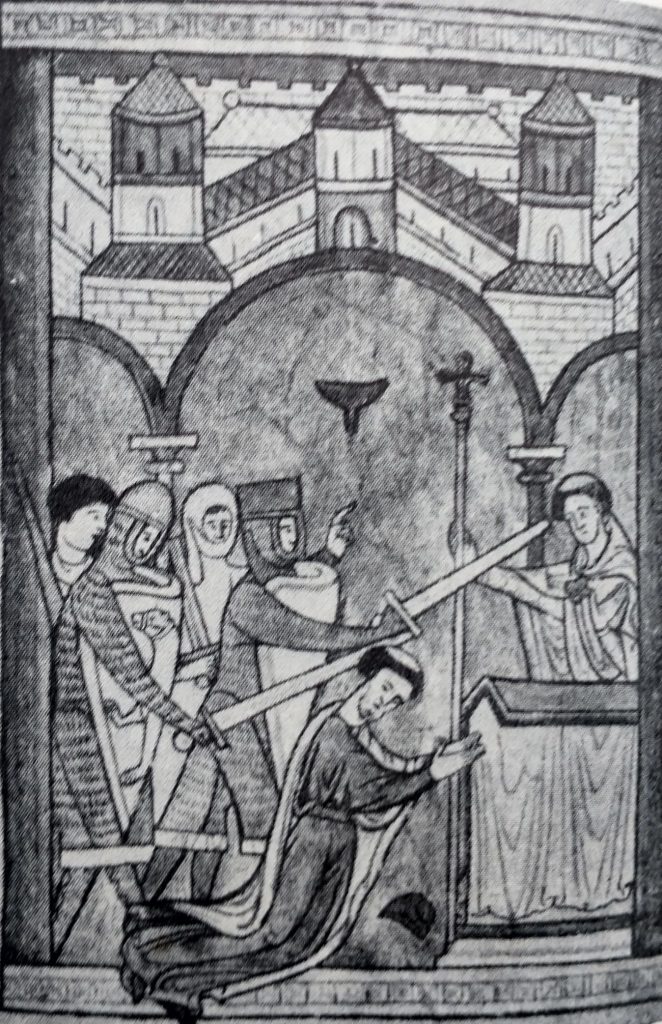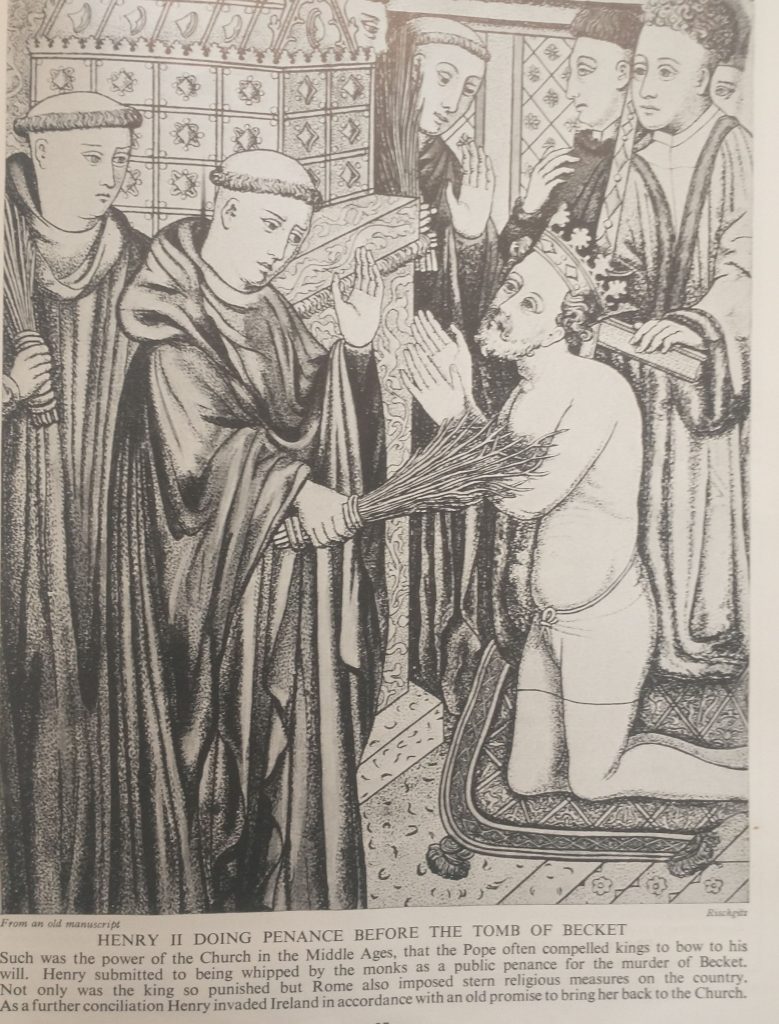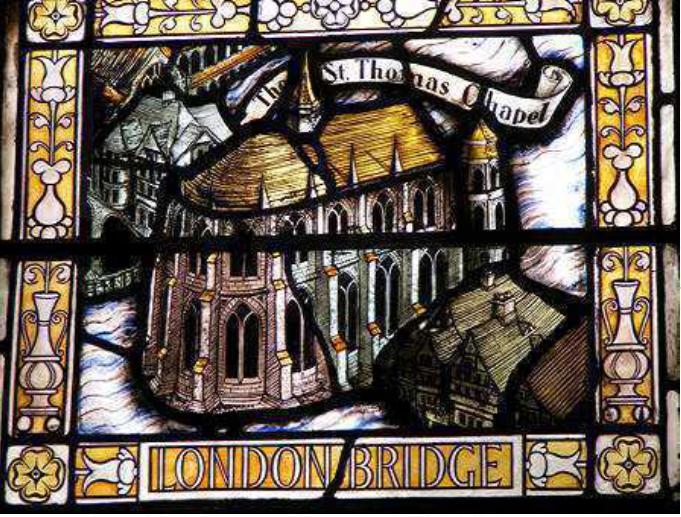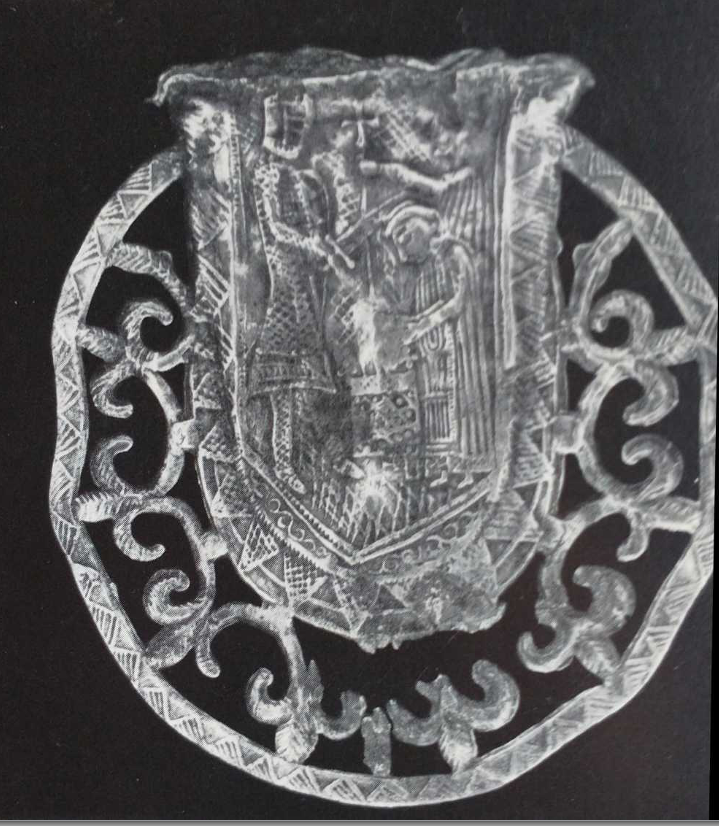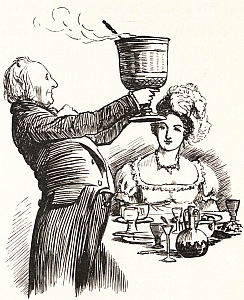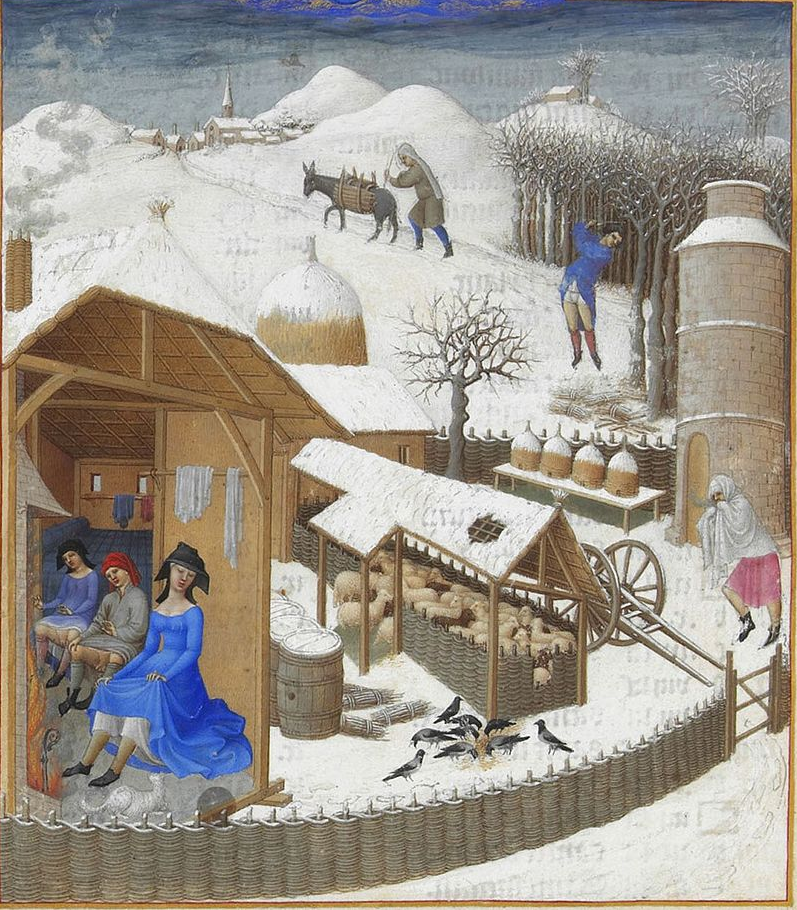
Today is Shrove Tuesday, this day is the end of the Carnival.
1540s, “time of merrymaking before Lent,” from French carnaval, from Italian carnevale “Shrove Tuesday,” from older Italian forms such as Milanese *carnelevale, Old Pisan carnelevare “to remove meat,” literally “raising flesh,” from Latin caro “flesh” (originally “a piece of flesh,” from PIE root *sker- (1) “to cut”) + levare “lighten, raise, remove” (from PIE root *legwh- “not heavy, having little weight”).
Folk etymology has it from Medieval Latin carne vale ” ‘flesh, farewell!’ ” Attested from 1590s in the figurative sense of “feasting or revelry in general.” The meaning “a circus or amusement fair” is attested by 1926 in American English.Related entries & more
www.etymonline.com
Pancake Day is the day we eat up all our surplus food so that we can begin our lenten fast and turn out mind to repentance. Traditionally, in Britain it is a simple pancake with lemon and sugar (here is a recipe from the BBC) but it can also be a day of excess before the 40 days of restraint. As we saw before on ‘Lardy Thursday’ the Carnival period might be up to a week. Shrovetide was normally three days from the Sunday before Lent to Ash Wednesday the beginning of Lent.
In France, it’s called Mardi Gras which means Fatty Tuesday, in Italy Martedi Grasso. In New Orleans it stretches from Twelfth Night to Shrove Tuesday, in most other places it is a week or three days. In Anglo-Saxon times there was ‘Cheese Week’, ‘Butter Week’, ‘Cheesefare Sunday’ and ‘Collop Monday’.
Shrove Tuesday is the day we should be ‘shriven’ which means to make confession. The point is that the Church has been leading up to Easter since Advent – before Christmas. Easter is the date of the conception and, also, the date of the execution and apotheosis of Jesus Christ. So the pious should confess their sins, then undertake their lenten fast before entering the Holy Week purged and sin-free.
In the Anglo-Saxon Church, there was a custom called ‘locking the Alleluia.’ The Church stopped using the word Alleluia from 70 days before Easter. Alleluia represented the return from exile in Babylon, and with the approach of the death of Christ it was not felt appropriate to be celebratory.
The sombre nature of this block of time was highlighted by Ælfric of Eynsham (c. 955 – c. 1010)
Now a pure and holy time draws near, in which we should atone for our neglect. Every Christian, therefore, should come to his confession and confess his hidden sins, and make amends according to the guidance of his teachers; and let everyone encourage each other to do good by good example.
Ælfric, Catholic Homilies Text Ed. Peter Clemoes quoted in ‘Winters in the World’ Eleanor Parker
Shrove Tuesday was traditional for football games in the days before football had any rules to speak of. It was a wild game in which teams tried to get a bladder from one end of town to the other, or one side of a field to the other. In Chester, the traditional football game on the Roodee island which was held on Shrove Tuesday was so rowdy that the Mayor created the Chester Races specifically to provide a more sedate alterative to the violence of the ‘beautiful game.’
Here is a youtube video of Shrovetide Football.
In London, John Stowe quotes Henry Fitzstephen who was a contemporary of Thomas Becket and is writing about London in the late 12th Century:
‘Every year also at Shrove Tuesday, that we may begin with children’s sport, seeing we all have been children, the school boys do bring cocks of the game to their master, and all the forenoon they delight themselves in cockfighting. After dinner all the youths go into the fields to play at the ball. The scholars of every school have their ball, or baston in their hands. The ancient and wealthy men of the City come forth on horseback to see the sport of the young men and to take part of the pleasure in beholding their agility.’
I have just found a video of the pancake race at the Guildhall Yard in the City of London. It is an inter-livery company pancake race competition. The competitors, representing the medieval Guilds, have to run across the Guildhall while holding a frying pan and pancake. There is a zone where they have to toss the pancake. There is also a novelty costume race. Here is a youtube video of the 2023 race.
First published on February 21st, 2023 republished on February 13th 2024

